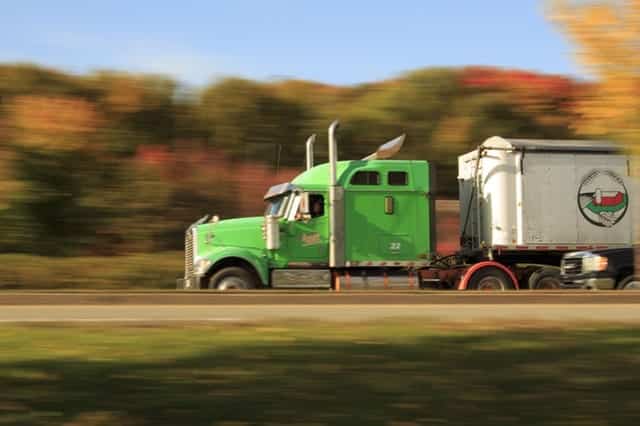
Truck accidents are some of the most devastating cases we handle. According to the US Department of Transportation’s Federal Motor Carrier Safety Administration, Ohio is in the Top 10 when it comes to average number of fatal large truck and bus crashes. Nationally, 61% of all fatal crashes involving a large truck occurred in rural areas, and 27% occurred on Interstate highways.
What else is striking is the estimated costs of crashes involving large trucks and buses. In 2016, crashes involving large trucks and buses in the US translated to an estimated $134 billion in costs. And this number grew each year from 2013 to 2016. Presumably, it will continue to grow.
Occupants of smaller, passenger vehicles stand to lose a lot more than the occupants of large trucks when the two face off in a collision. With large trucks weighing close to 20-30 times as much as passenger vehicles, it is no wonder that the large truck usually wins. And it takes loaded trucks 20-40% longer than cars to stop, contributing to the problem.
For vehicles with a gross vehicle weight rating of 10,000 lbs. or more (most semi-trucks), drivers are required to have a minimum of $750,000 in insurance coverage. However, that minimum requirement goes up to $1M when transporting hazardous freight.
Compare that with Ohio’s minimum auto insurance requirements for its motorists. In Ohio, the required minimum for both bodily injury and property damage liability coverage is $25,000. Both types of insurance are required. It is easy to see why insurance companies fight hard when a large truck, such as a semi, is involved in a collision – there is more money on the line.
Insurance companies are accustomed to handling accidents involving large trucks. For example, the insurance company for a trucker involved in an accident will typically send an insurance claims adjuster to the scene to assess the situation. If an incident involves the spill of a liquid, there will be an expert on the scene to ensure that the cleanup is handled properly. The same is true for an accident involving cargo loss, an expert will be on the scene to try and salvage damaged contents.
But why else are experts on the scene quickly? Because the trucker’s insurance company knows the quicker an adjuster or expert can get to the scene, the better the chance that the claim is handled quickly and advantageously for the trucker. When left to local law enforcement to assess the incident, the insurance company has little control in the liability determinations and outcome.
As do most business persons, truckers understand that time is money. The quicker a trucker’s insurer can send someone to investigate, the quicker the trucker can resolve the issue, and the quicker the trucker can get back on the road. Because of this, the truck driver may be inclined to reach a negotiated settlement. In some cases this may make sense so you should not necessarily underestimate the benefits of not incurring more substantial legal expenses associated with litigation. However, often times, litigation is needed to get fair compensation for your injuries.
While on the scene:
Although you may be flustered following an accident with a big rig, there are some things you can do immediately to protect yourself (as long as you have already positioned yourself in a safe area). If the police have not been contacted, do this right away. It is important that a person unshaken by the accident is able assess what happened. Further, a police officer will be able to take down details in a police report.
Although a police officer might take pictures of the accident scene, it may be beneficial to take additional photos with your phone. Look for areas that seem to be overlooked by the officer or things that you feel are important to document.
Also, you may want to call your insurance company’s hotline if it has one. Most insurance companies have a number (available 24/7) that you can call following an accident. Call this number to seek advice on your next steps while on the scene of the accident.
In the days following the accident:
If you have been involved in a commercial truck accident while driving (or as a passenger), you should not hesitate to speak with an experienced truck accident injury lawyer at Kruger & Hodges. Our attorneys understand how to create a strong legal strategy to obtain the compensation that accident victims deserve. Contact our truck accident lawyers in Hamilton today to schedule an initial free consultation.
This blog post was written as part of our firm’s law student blog series. The author is Andrew Countryman, a third-year law student at Salmon P. Chase College of Law.